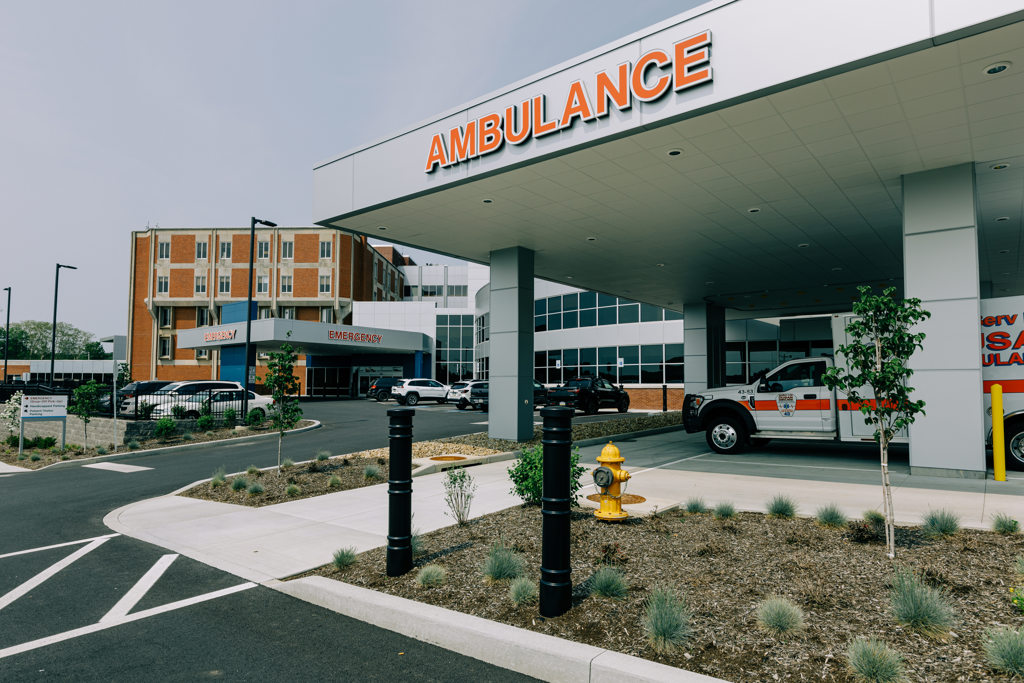Penn Highlands DuBois Is a Level II Trauma Center

Penn Highlands DuBois has been accredited as a Level II Trauma Center by the Pennsylvania Trauma Systems Foundation (PTSF). It is the only Level II Trauma Center in Northwestern Pennsylvania.
The PTSF is the organization responsible for accrediting trauma centers in the Commonwealth of Pennsylvania. Accredited trauma centers are hospitals with resources immediately available to provide optimal care and reduce the likelihood of death or disability to injured patients. In addition, accredited trauma centers must be continuously prepared to treat the most serious life threatening and disabling injuries. They are not intended to replace the traditional hospital and its emergency department for minor injuries.
In Pennsylvania, there are four levels of trauma centers. Level 1 and Level II trauma centers provides the highest degree of resources with a full spectrum of specialists. The only difference between a Level 1 and Level II center is that Level I centers require research and surgical residency programs. Level III and Level IV centers do not require neurosurgeons and focus on stabilizing severe trauma patients prior to transport to a higher-level trauma center.
The Level II Trauma Center accreditation comes just three months after Penn Highlands DuBois opened a $21.5 million state-of-the-art Emergency Department (ED) off of South Main Street across from the DuBois Community Medical Building. The new ED includes four trauma treatment bays. The second floor offers a Neurological /Trauma Intensive Care Unit with 20 private patient rooms.
“Often severely injured patients require multidisciplinary, comprehensive emergency medical services,” explained Philip S. Vuocolo, MD, MHA, FACS, Trauma Program Medical Director for Penn Highlands DuBois. “Now, with the Penn Highlands DuBois Level II Trauma Center accreditation, people with major traumatic injuries in Northwestern Pennsylvania can receive high quality care in their community without the need to be transported to another facility which can have a positive impact on outcomes.”
Dr. Vuocolo added that when patients receive trauma care close to home, it reduces the time to definitive treatment and also reduces stress on their family and friends who may otherwise have to travel to where their loved one is receiving care.
